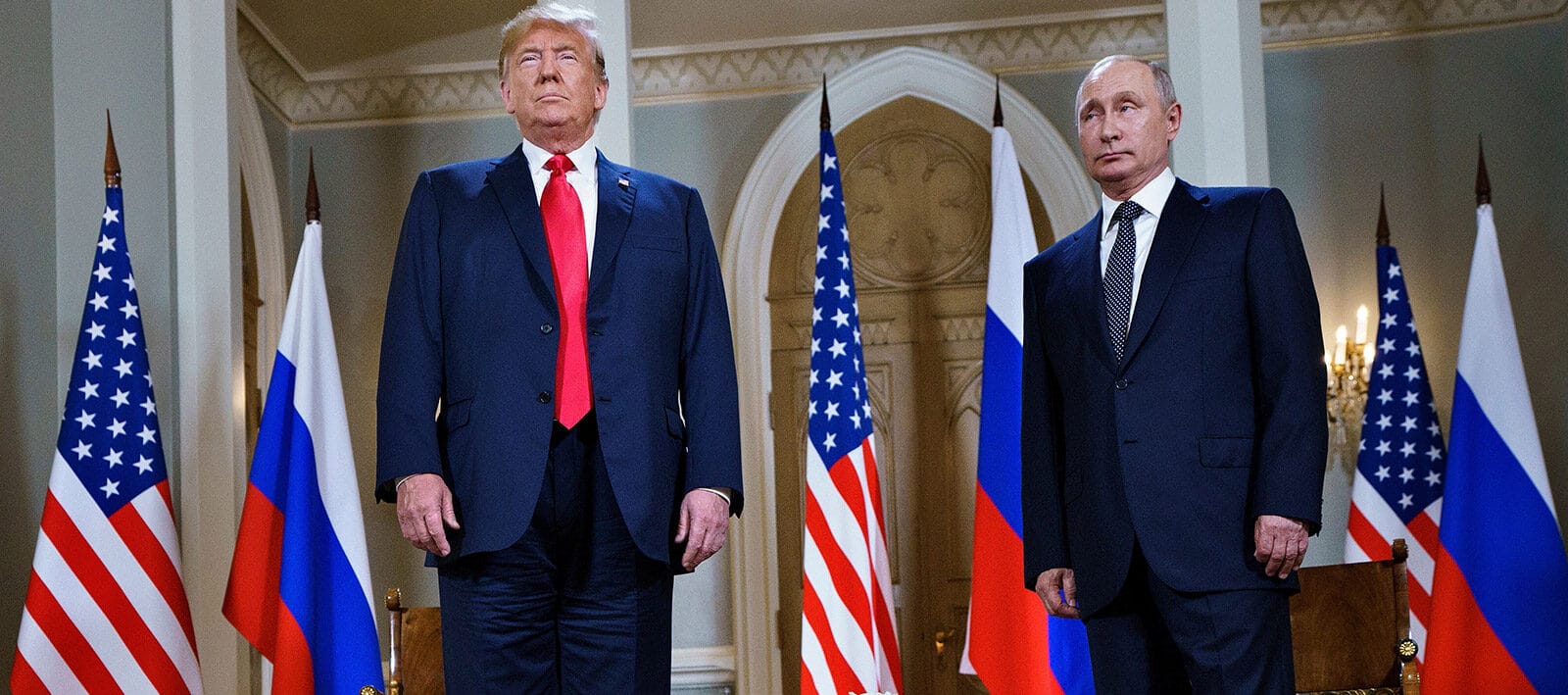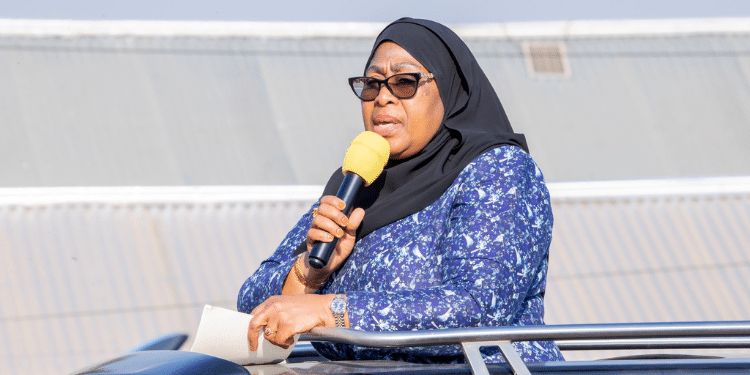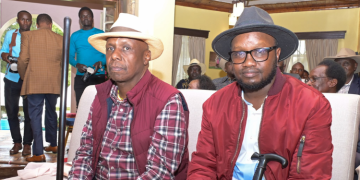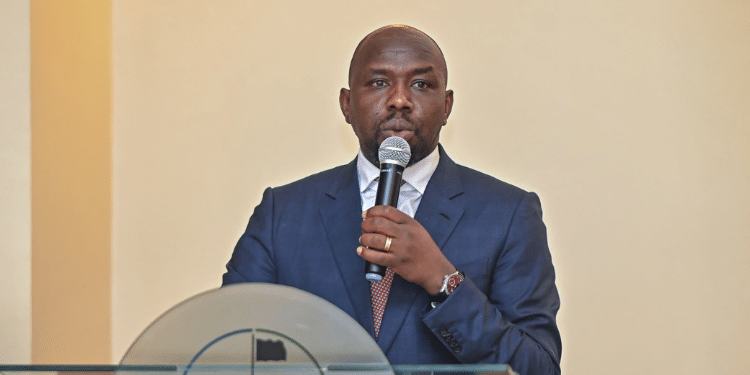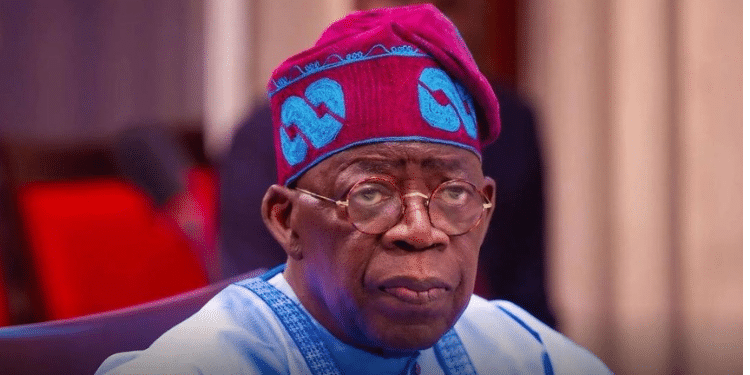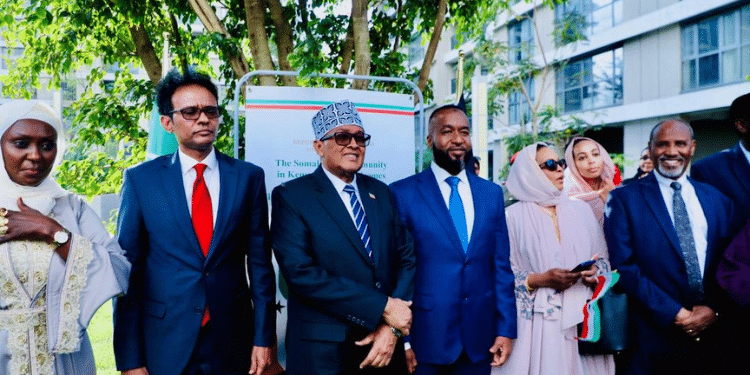President Bola Ahmed Tinubu on Tuesday February 27 launched the Expatriate Employment Levy (EEL), a mandatory contribution imposed on organizations that employ expatriate workers in Nigeria.
The President also said EEL will facilitate home-grown skill retention and technology domestication and to balance employment opportunities between Nigerians and expatriates.
Speaking at the launch of the Expatriate Employment Levy handbook, the President noted the aim is to close wage gaps between expatriates and the Nigerian labour force.
“We expect improved revenue generation; improved naturalization and indigenization; we anticipate the employment of more qualified Nigerians by foreign companies operating in this country,” said Tinubu.

Tinubu explained that the levy will also increase employment opportunities for qualified Nigerians in foreign companies operating in the country.
“We seek a greater balancing of employment opportunities between Nigerians and expatriates and the closure of the wage gap between expatriates and the Nigerian labour force by making it more attractive to hire Nigerians,” he said.
Tinubu Warns Employers
President Tinubu, however, warned that the scheme should not be used as an impediment nor as a cudgel wielded to discourage foreign investors.
“I declare my support for the EEL scheme, and I will continue to encourage the operators, practitioners of immigration matters and expatriate quotas, but I emphasize: do not use it as a bottleneck; do not use it as an obstacle to frustrate potential investors,” warned the president.
He said the government will draw clear lines of implementation and effective acceleration of aims and objectives of this programme.
Tinubu said officials in charge of immigration matters, expatriate quotas, and relevant stakeholders will be effectively guided to make Nigeria the focus of the objective EEL.
Also Read: Lessons Kenya Can Learn from Lagos Traffic Relief
Nigeria Interior Minister
Nigeria’s Minister of Interior, Bunmi Tunji-Ojo, explained that the project would be operated on a public-private partnership model between the federal government of Nigeria, the Nigeria Immigration Service (NIS), which is the implementing agency, and a technical partner, EEL Projects Limited.
“It is worthy to mention that the project is aligned with the eight-point agenda of Mr. President, especially on the issue of job security and economic growth. This project will, among other things, lead to technology domestication,” said the Minister.
“The essence of this is to be sure that if you are bringing an expatriate to work in Nigeria, it should be a job that no Nigerian has the skill to do. That is the major objective of this particular initiative.”
Also Read: African Presidents with Unique Taste of Fashion
Population & Labor Force
Nigeria is the most populous country in Africa, with an estimated population of 230.8 million in 2024.
With a fast-growing population, Nigeria is the leading country in Africa by number of inhabitants.
For this reason, among others, the burden of unemployment has been prevalent over the years, leaving the labor dependency ratio forecast at 2.1 percent in 2023.
According to statistics, the total labor force was estimated to increase to over 75 million in 2023 from 60 million the previous year.
Unemployment Rates
Nigeria’s unemployment rate rose to 5% in the third quarter after the government scrapped the petrol subsidy.
According to data released by the National Bureau of Statistics on February 19, the unemployment rate rose from 4.2% in the previous quarter.
The joblessness rate among young people aged 15-24 rose to 8.6% from 7.2% while unemployment in the urban areas also rose marginally to 6% from 5.9% in the previous quarter.


